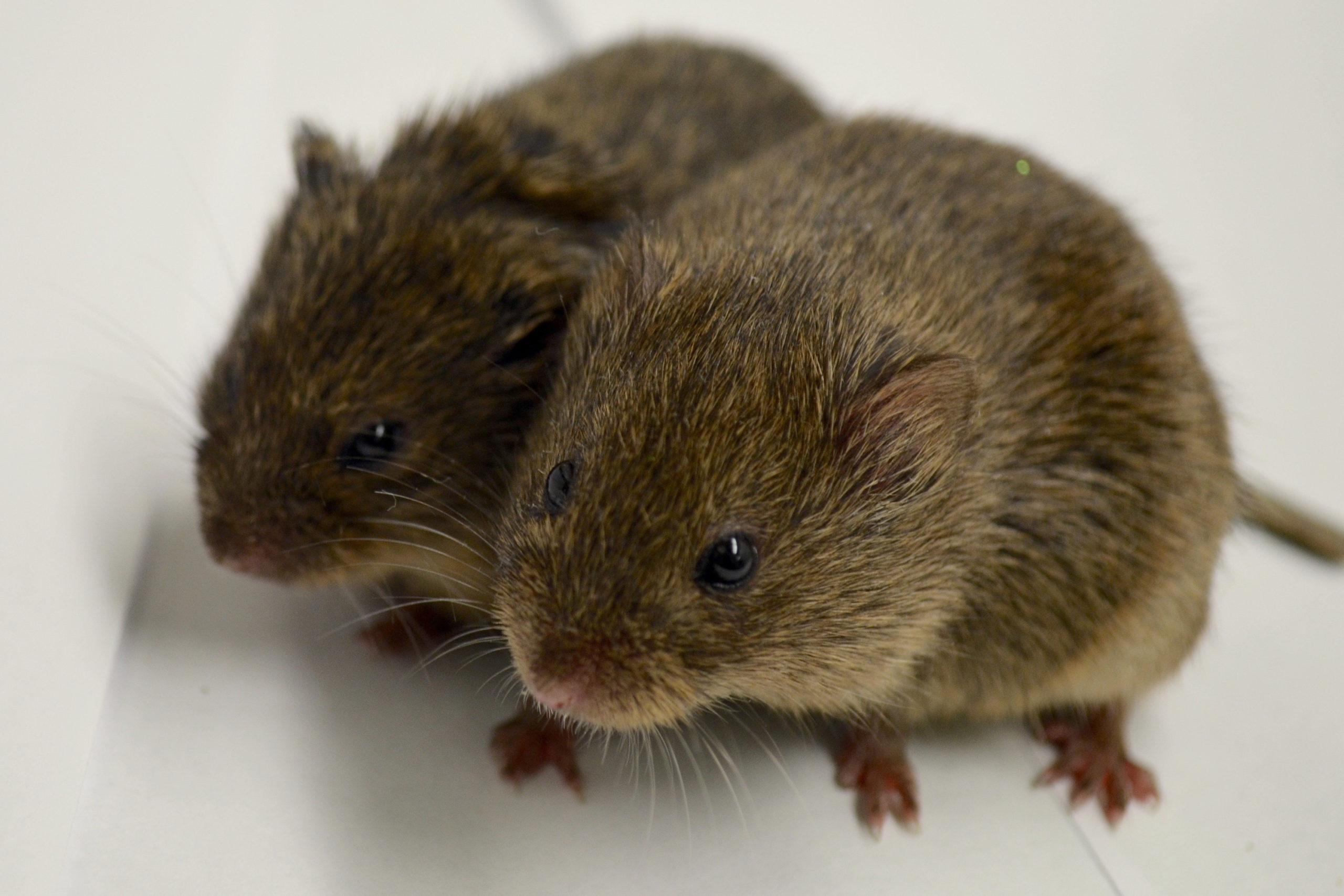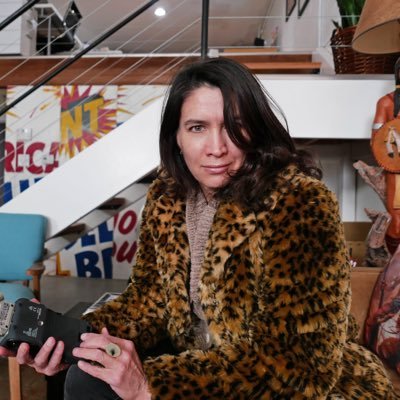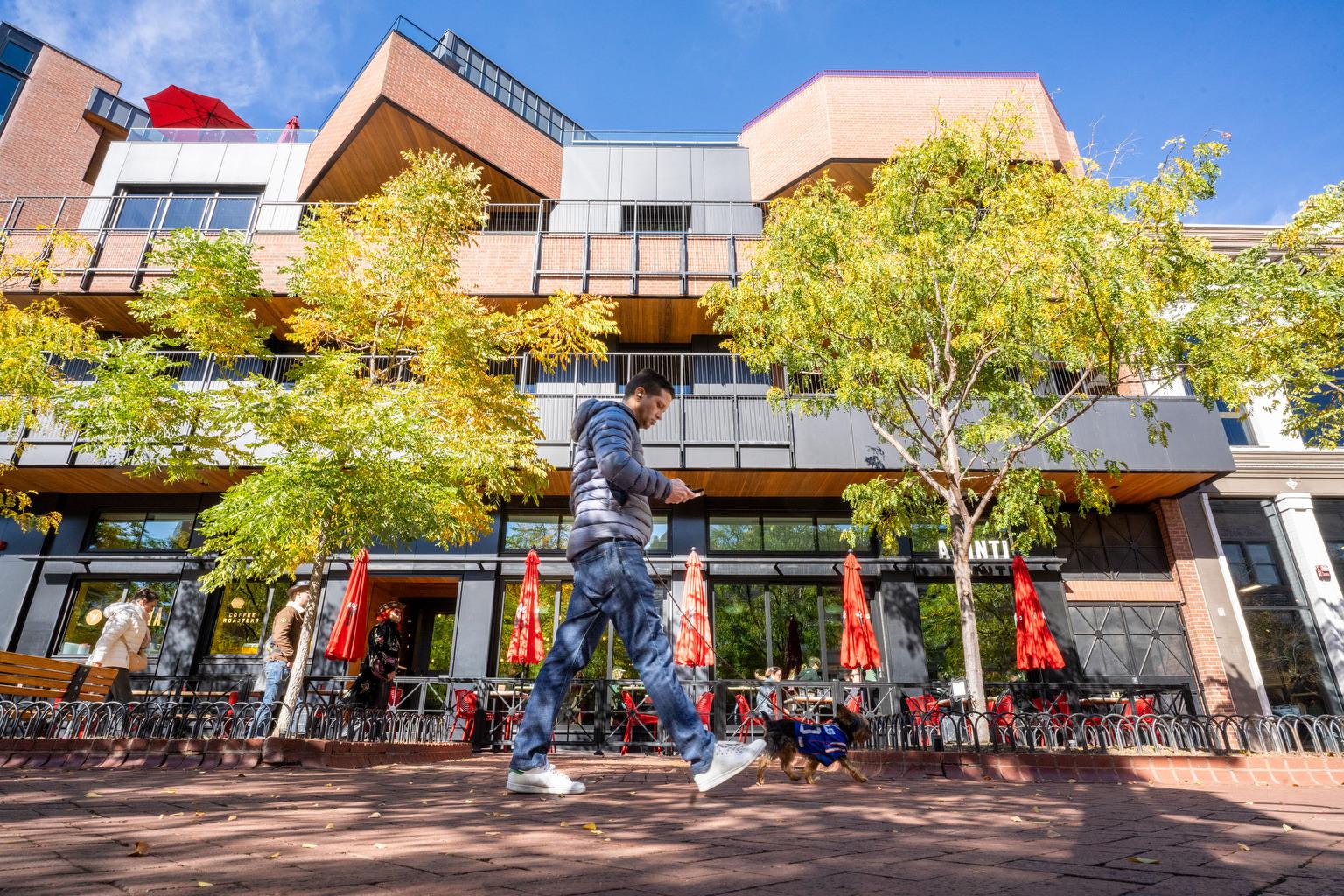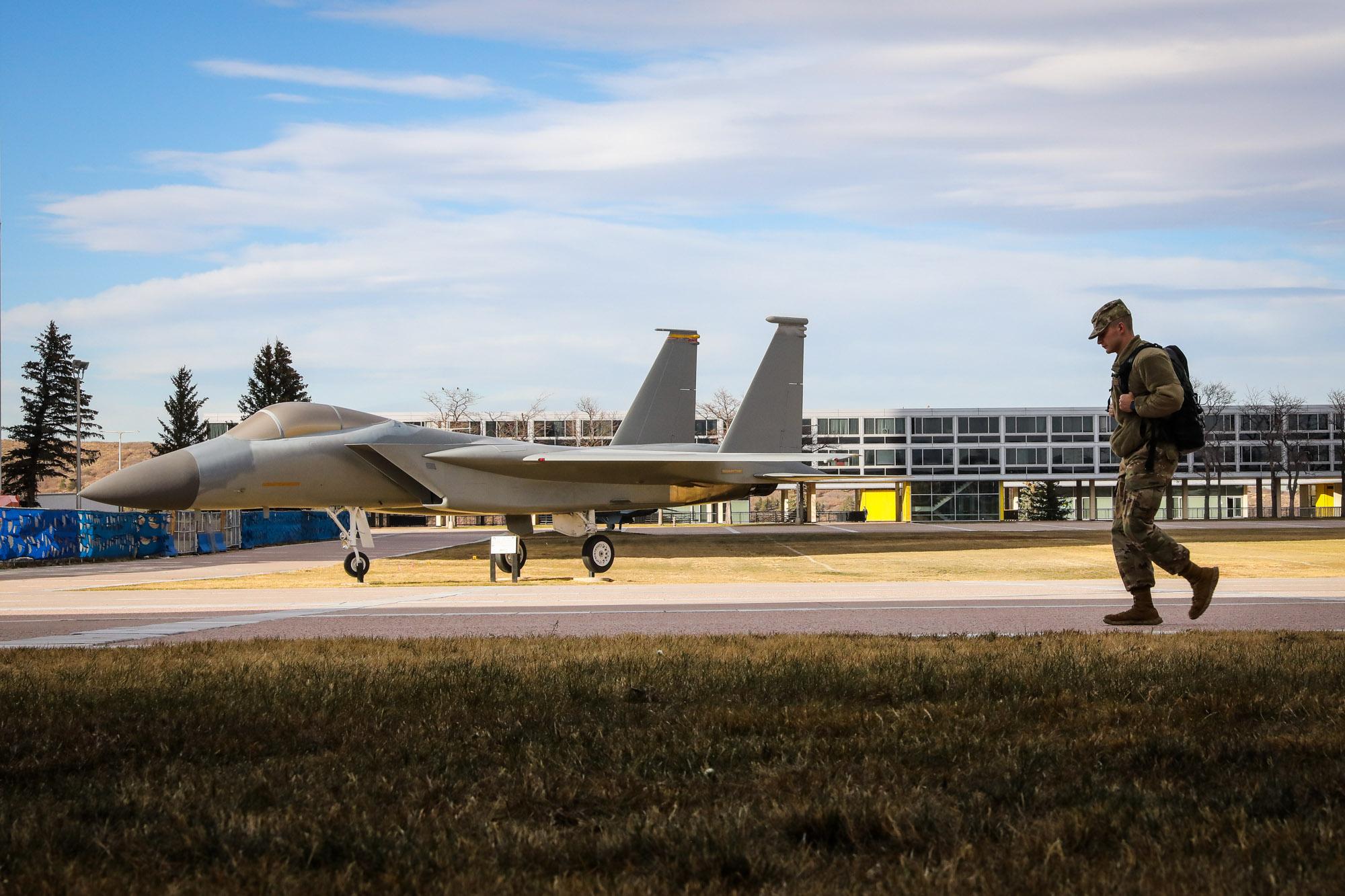
Zoe Donaldson’s lab at CU Boulder studies pair bonds.
“When I say pair bonds I mean they’re an extreme example of the types of bonds we form as human beings,” she explained. “A good example of how extreme they are is if you think of Romeo and Juliet being willing to kill each other because of this bond.”
Specifically, in her lab, Donaldson studies prairie voles — small, cuddly animals that mate for life. Voles are one of the species in the 5 percent of the mammals, including humans, that do this.
Scientists have known since the late 1970s that voles seek out and want to be with the same partner for life. But Donaldson wanted to know how that looked in the brain. Since 2015, she’s been doing just that.
Last week, the findings of her study were published in the Proceedings of the National Academy of Sciences. The study could lead to important therapies for autism, depression and other mental health problems.
Donaldson suspects that brain chemicals such as oxytocin, dopamine and vasopressin are present in the brain when these bonds are formed.
“What we didn’t know until pretty recently was what does this code for a partner look like within the brain,” Donaldson said.
She discovered this by first injecting the voles with a virus that would make the cells in the part of the brain called the nucleus accumbens — a region of your brain associated with pleasure — light up when they were choosing to spend time with their partner. Then, Donaldson and her team used cutting-edge technology called in-vivo-calcium imaging to spy on the brains of dozens of voles.
“If you think about this from a human perspective, our social bonds are some of the most important things that we have,” Donaldson said. “If you want to see how happy someone is, look at their social life. If you want to see how people are able to handle difficult and stressful situations, look at how much social support they have in their lives.”
She thinks it’s really important to understand that the brain is built in such a way that we’re capable of forming these bonds and that they play a role in determining our happiness.
Donaldson acknowledges the eery timing of this study, when people are experiencing social isolation. She says we’re hardwired for human touch.
“Being virtual just doesn’t have the same zing to it,” she laughed.
Because of the pandemic, they’re not able to work in the lab and work on the next steps of their study, Donaldson said.
“From a bigger perspective, given the pandemic, my lab is becoming more and more interested in the flip side of this coin," she said. "So, what happens when you lose someone? How do you overcome that loss and how do you move on?”
She thinks that in addition to love, voles have a lot to tell us about this as well.









